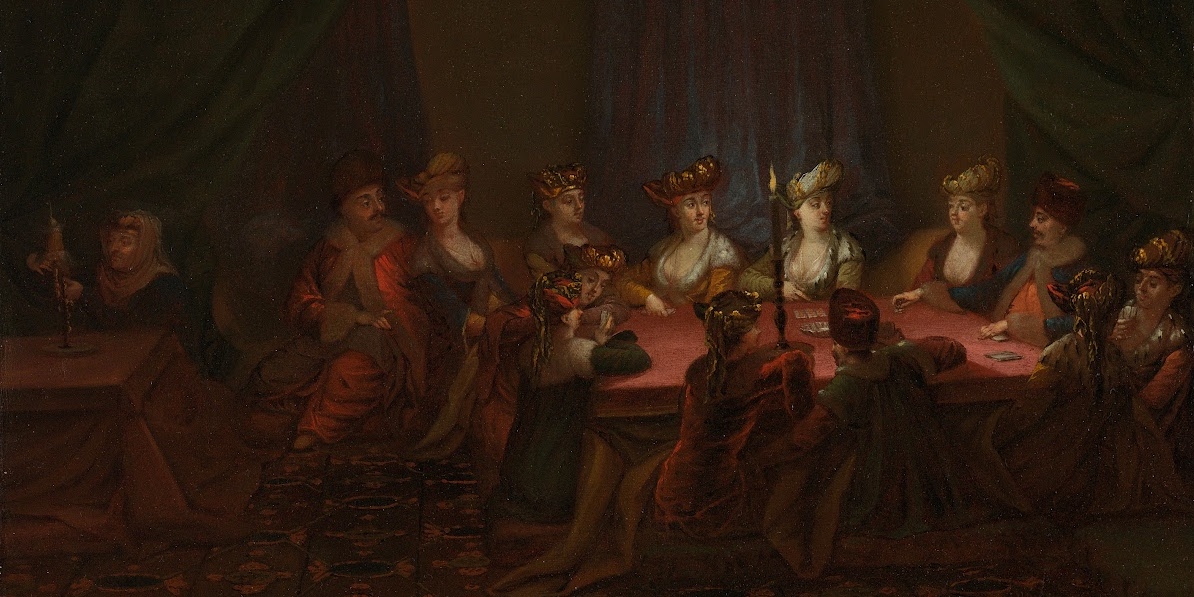Inclusion and Exclusion in Islamic Modernist Thought
Episode 319
hosted by Shireen Hamza and Chris Gratien
The rise of Islamic modernist movements from the 19th century onward brought two potentially contradictory processes. On the one hand, Muslim thinkers began to imagine an increasingly global Muslim community unified by identity that might transcend many of the communal and political divisions of the day. On the other hand, in seeking to delineate the parameters of modern Islam, such thinkers were impelled to account for the great diversity and heterogeneity within Islamic beliefs and practices. In this episode, we speak to Teena Purohit about her ongoing research on this very subject. Specifically, we discuss the case of Muhammad Iqbal, one of most important Muslim scholars in British South Asia, and his treatment of Mirza Ghulam Ahmad and the Ahmadiyya movement. Through Iqbal's writing on the Ahmadis and other movements of the period, we examine both the religious and political implications of modernist debates about inclusion and orthodoxy in Islam.
Stream via SoundCloud
Contributor Bios
 |
Teena Purohit is Associate Professor of Religion at Boston University. She is the author of The Aga Khan Case: Religion and Identity in Colonial India (HUP, 2012). |
 |
Shireen Hamza is a doctoral student in the History of Science department at Harvard University. Her research focuses broadly on the history of science and medicine in the Islamicate Middle Ages, and more specifically on the history of women's health. |
 |
Chris Gratien holds a Ph.D. from Georgetown University's Department of History and is currently an Academy Scholar at the Harvard Academy for International and Area Studies. His research focuses on the social and environmental history of the Ottoman Empire and the modern Middle East. He is currently preparing a monograph about the environmental history of the Cilicia region from the 1850s until the 1950s. |
Recommended Episodes
 |
Cemil Aydın | #313
5/16/17
|
The Idea of the Muslim World | |
 |
Julie Stephens | #267
9/7/16
|
Religious Sentiment and Political Liberties in Colonial South Asia | |
 |
Nathalie Clayer | #268
9/9/16
|
Religious Pluralism in the Late Ottoman Balkans | |
 |
Cengiz Şişman | #308
3/27/17
|
Sabbatai Sevi and the Ottoman-Turkish Dönmes | |
 |
Zeynep Türkyılmaz | #179
11/15/14
|
Osmanlı İmparatorluğu'nda Gizli Hristiyanlar |
Credits
Episode No. 319
Release Date: 22 June 2017
Recording Location: Harvard University
Audio editing by Chris Gratien
Music: from Excavated Shellac - Veena Dhanammal – Javali (Kamas)
Special thanks to Kara Günes for permission to use the composition "Istanbul" and Rajna Swaminathan for "Entangled Hierarchy"
Bibliography courtesy of Teena Purhoit
Release Date: 22 June 2017
Recording Location: Harvard University
Audio editing by Chris Gratien
Music: from Excavated Shellac - Veena Dhanammal – Javali (Kamas)
Special thanks to Kara Günes for permission to use the composition "Istanbul" and Rajna Swaminathan for "Entangled Hierarchy"
Bibliography courtesy of Teena Purhoit
Select Bibliography
Teena Purohit, "Muhammad Iqbal, Mirza Ghulam Ahmad, and the Accusation of Heresy,” Journal of Comparative Studies of South Asia, Africa, and the Middle East 36:2 (August 2016), 246-255.
Teena Purohit, “Muhammad Iqbal on Muslim Orthodoxy and Transgression: A Response to Nehru,” ReOrient: The Journal of Critical Muslim Studies 1:1 (October 2015), 78-92.
Ayesha Jalal, Self and Sovereignty: Individual and Community in South Asian Islam since 1850 (New York: Routledge, 2001).
Iqbal Singh Sevea, The Political Philosophy of Muhammad Iqbal (Cambridge: Cambridge University Press, 2012).
Faisal Devji, Muslim Zion: Pakistan as a Political Idea (Cambridge: Harvard University Press, 2013).
Sadia Saeed, The Politics of Desecularizaiton: Law and the Minority Question in Pakistan (Cambridge: Cambridge University Press, 2017).
Cemil Aydin, The Idea of the Muslim World: A Global Intellectual History (Cambridge; Harvard University Press, 2017).











Comments
Post a Comment
Due to an overwhelming amount of spam, we no longer read comments submitted to the blog.